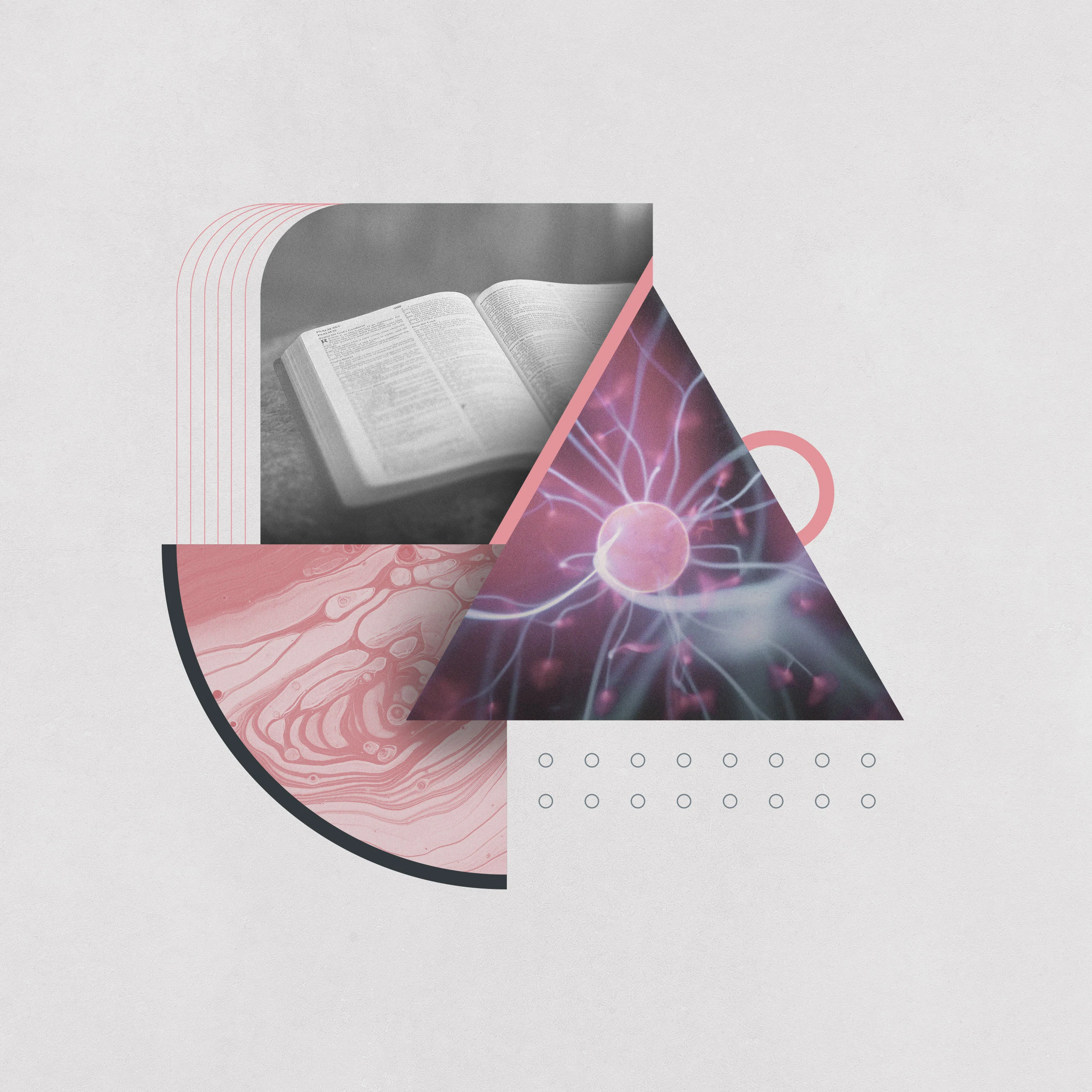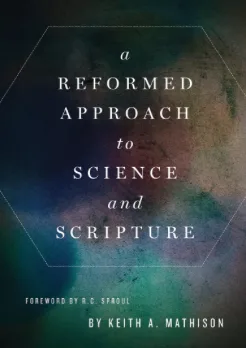All Truth Is from God

At Ligonier’s 2012 National Conference Dr. Sproul and the other panelists were asked about the age of the universe and asked whether it was an intramural discussion. Dr. Sproul began his response with the following words:
Not for some people. For some people it’s an all or nothing issue. When people ask me how old the earth is I tell them “I don’t know,” because I don’t. And I’ll tell you why I don’t. In the first place, the Bible does not give us a date of creation. Now it gives us hints and inclinations that would indicate in many cases a young earth. And at the same time you get all this expanding universe and all this astronomical dating, and triangulation and all that stuff coming from outside the church that makes me wonder, and I’ll tell you why. I believe firmly that all of truth is God’s truth.
I want to stop here because Dr. Sproul’s statement “All truth is God’s truth” is an important one that is questioned by many today. There are those with a postmodern mindset who question it because they question the very existence of objective truth, but postmodernism is not our present concern. Our present concern is with those who grant the existence of objective truth but who might also question this statement because of a suspicion that it might contradict the doctrine of sola scriptura or that it might in some other way be “non-Reformed.”
We will address the issue of God’s revelation (general and special) in the next installment of this series. Here, I simply want to ask whether the basic idea “All truth is God’s truth” is something that a Reformed Christian should affirm. The idea was clearly expressed before the time of the Reformation. Augustine, the greatest theologian of the first millennium, expresses it in several places. In his On Christian Doctrine, for example, he writes, “Nay, but let every good and true Christian understand that wherever truth may be found, it belongs to his Master.” (II.18). The medieval theologian Thomas Aquinas developed the idea in more detail in his theological and philosophical works.
The idea, then, was obviously represented by the most important pre-Reformation theologians. But what about the Reformation itself? Was this idea rejected at that time? No. John Calvin picked up where Augustine and Aquinas left off. In his commentary on Titus 1:12, for example, Calvin states: “All truth is from God; and consequently, if wicked men have said anything that is true and just, we ought not to reject it; for it has come from God.” He expands on this idea in his Institutes of the Christian Religion:
Therefore, in reading profane authors, the admirable light of truth displayed in them should remind us, that the human mind, however much fallen and perverted from its original integrity, is still adorned and invested with admirable gifts from its Creator. If we reflect that the Spirit of God is the only fountain of truth, we will be careful, as we would avoid offering insult to him, not to reject or condemn truth wherever it appears (II.2.15, emphasis mine).
So is the statement “All truth is God’s truth” non-Reformed? Only if John Calvin is "non-Reformed." Calvin was able to assert, “All truth is God’s truth,” while also asserting the doctrine of sola scriptura because the doctrine of sola scriptura does not say that all truths are found in the Bible.1 The doctrine of sola scriptura, in a nutshell, asserts that Scripture is our sole source of normative, infallible apostolic revelation and that
all things necessary for salvation and concerning faith and life are taught in the Bible with enough clarity that the ordinary believer can find them there and understand.2
The truths that are not found in the Bible (e.g. the date of your birth, the structure of protein molecules) are not necessary for salvation.
Closer to our own day, the Dutch Reformed systematic theologian Herman Bavinck wrote the following:
He [God] is the truth in its absolute fullness. He, therefore, is the primary, the original truth, the source of all truth, the truth in all truth. He is the ground of the truth – of the true being – of all things, of their knowability and conceivability, the ideal and archetype of all truth, of all ethical being, of all the rules and laws, in light of which the nature and manifestation of all things should be judged and on which they should be modeled. God is the source and origin of the knowledge of truth in all areas of life.3
It is evident, then, that the general idea “All truth is God’s truth” is not foreign to Reformed theology. But why not? It is beyond the scope of this brief blog post to delve into the philosophical discussions regarding the different theories of truth (correspondence, coherence, pragmatic, etc.). Because this article is addressed to Reformed Christians who, by and large, adhere to the correspondence concept of truth, and because the intent is to keep this as simple and straightforward as possible, we will assume the correspondence theory of truth for the remainder of this series of posts.4
The statement “All truth is God’s truth” is consistent with Reformed theology because if something is true, it is because it is something that has been revealed by God, or because it is an accurate understanding of the nature of something created by God, or because it is an accurate description of something decreed by God. In other words, a God-centered view of truth demands that we affirm that all truth is God’s truth. That which is true is true because God said it, created it, or decreed it.
Regarding the first part of this statement, God is a God who reveals. God Himself is true and cannot lie (Heb. 6:18). Therefore all that he reveals, whether through general revelation in His creation or through special revelation in Scripture is necessarily true.
Second, God is the God who creates (Gen. 1:1). He is the Maker of heaven and earth and all that is within them (Acts 14:15). This fact is closely related to the first, because God reveals certain things about Himself through creation (e.g. Rom. 1:18–20). In order for us to correctly see that revelation about God in His creation we have to accurately grasp the nature of what He has created. If we misread what is actually there, we will misrepresent God.
It is also worth observing that God’s creation is real and not an illusion, and God created man with the ability to learn about and have true knowledge of what He created. As Calvin noted, this ability was impacted by the fall, but it was not completely destroyed. Scripture regularly assumes man has the ability to learn about creation. Proverbs is probably the most obvious example of this phenomenon because in Proverbs man is expected to draw true conclusions about God and reality based on his observations of creation. Created things are what they are because God created them a certain way rather than another. When we learn something about creation that corresponds with what God actually made, we have learned something true. God is the source of these truths by virtue of the fact that He is the Creator.
Finally, God is the one who has decreed whatsoever comes to pass, and this is the basis of historical truths. When we learn something about history that is in accordance with what actually happened, we have learned something true to the extent that our knowledge corresponds with what actually happened, and what actually happened only happened, ultimately, because God decreed it.
When Dr. Sproul asserts “All truth is God’s truth,” he is not making a statement that is somehow less than Reformed. On the contrary, he is making an assertion, following Augustine, Calvin, and ultimately Scripture, that is the only statement a consistently Reformed Christian can make.
-
W. Robert Godfrey, "What Do We Mean By Sola Scriptura," in Sola Scriptura: The Protestant Position on the Bible, 2d ed., edited by Don Kistler (Reformation Trust, 2009), 2. ↩
-
Ibid. ↩
-
Reformed Dogmatics, 2:209–10. ↩
-
The correspondence theory of truth asserts that a true proposition is one that corresponds to fact – to some aspect of reality. Aristotle summed up the concept in a well-known definition: "To say of what is that it is not, or of what is not that it is, is false, while to say of what is that it is, and of what is not that it is not, is true" (Metaphysics 1011b25). ↩



